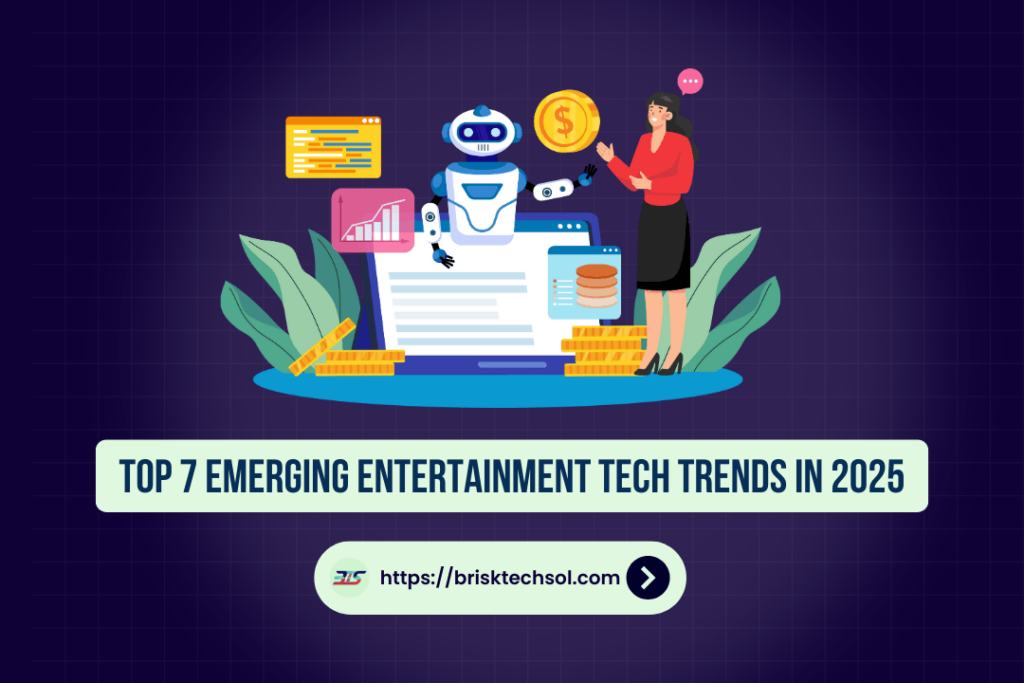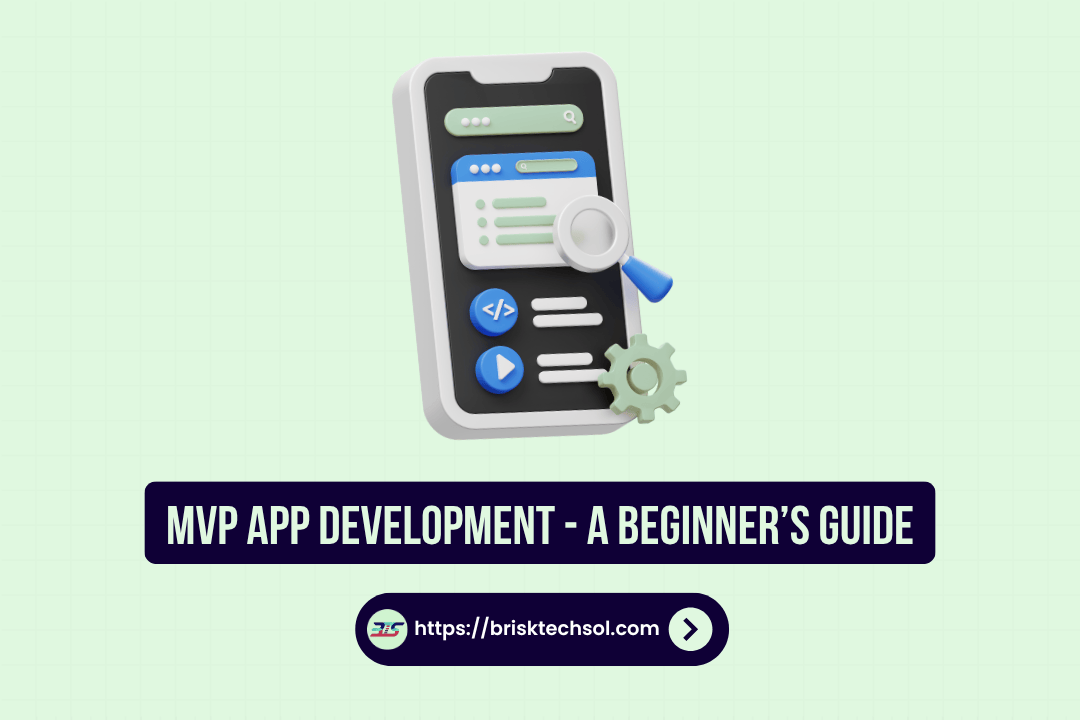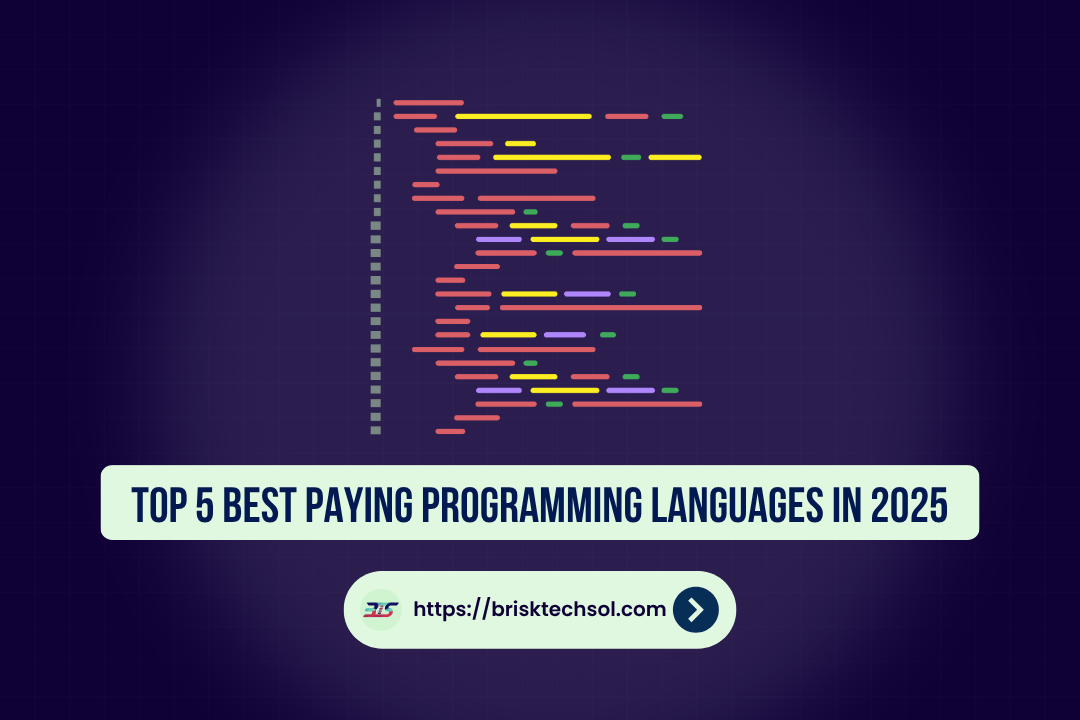Entertainment is changing faster than ever, thanks to exciting new technologies like AI, VR, blockchain, and cloud gaming. These innovations are making movies, music, and games more interactive, immersive, and personalized. From virtual concerts to AI-generated content, the way we experience entertainment is evolving, offering endless possibilities for the future.
1. AI in Entertainment
AI-Generated Content
Artificial intelligence is revolutionizing content creation across multiple media formats. AI-generated music, AI-written scripts, and deepfake technology are opening new creative possibilities. For instance, OpenAI’s Jukebox can generate songs in different styles, while AI-driven platforms like Runway ML assist in video editing.
Personalized Content & AI Recommendations
AI-powered recommendation engines are enhancing user experience on platforms like Netflix, Spotify, and YouTube. By analyzing user behavior, AI predicts what content will keep viewers engaged, increasing watch time and user satisfaction.
AI-Driven CGI & Deepfake Technology
Hollywood is increasingly using AI to create hyper-realistic CGI and deepfake-assisted performances. Films like The Irishman used AI-powered de-aging, reducing the need for heavy prosthetics. AI can also enhance voice cloning, as seen in James Earl Jones’ AI-replicated voice for Darth Vader.
Key Stats:
- The AI-driven media industry is projected to grow by 35% annually through 2030.
- AI-generated movies and music are expected to contribute over $10 billion to the entertainment industry by 2027.
2. Virtual Reality (VR) and Augmented Reality (AR)
Growth of Immersive Entertainment
VR and AR are creating more immersive entertainment experiences, from gaming to live concerts. Companies like Meta, HTC, and Sony are investing heavily in next-gen VR headsets that enhance realism.
VR Concerts and Events
VR is transforming music and sports entertainment. Platforms like WaveXR and Fortnite’s virtual concerts allow artists to perform in digital worlds, attracting millions of viewers.
AR in Live Sports and Storytelling
AR enhances sports viewing experiences by overlaying real-time stats and interactive elements. For example, NFL broadcasts use AR graphics for play analysis, and Marvel Studios integrates AR for immersive storytelling.
Comparison Table: VR vs. AR Entertainment Applications
| Feature | Virtual Reality (VR) | Augmented Reality (AR) |
|---|---|---|
| Device Requirement | VR Headset | Smartphone/AR Glasses |
| Interaction | Fully immersive | Digital overlays in real-world |
| Popular Uses | Gaming, concerts, metaverse events | Live sports, AR storytelling |
Key Stats:
- The VR entertainment market is expected to hit $92 billion by 2027.
- Over 20 million VR headsets were sold in 2023, signaling rapid adoption.
3. The Rise of the Metaverse in Entertainment
The metaverse is creating new digital economies where users interact in virtual worlds. Companies like Meta, Roblox, and Decentraland are leading this transformation.
NFTs & Virtual Events
- NFTs (Non-Fungible Tokens) are enabling artists to sell digital assets, such as virtual concert tickets and exclusive content.
- Virtual concerts & festivals in platforms like Decentraland and Fortnite are gaining traction, generating millions in revenue.
Social Interactions in Virtual Worlds
Users are creating avatars, socializing, and even attending virtual cinemas. Brands like Nike and Gucci have set up virtual stores, tapping into metaverse commerce.
Key Stats:
- The metaverse entertainment market is projected to reach $800 billion by 2030.
- Over 70% of Gen Z gamers engage in virtual worlds.
4. Cloud Gaming and 5G’s Impact
Revolutionizing Gaming with Cloud Technology
Cloud gaming services like Xbox Cloud Gaming, NVIDIA GeForce Now, and PlayStation Now allow players to stream games without powerful hardware.
The Role of 5G in Low-Latency Gaming
5G enables seamless, lag-free gameplay, making real-time multiplayer experiences more immersive. This is particularly beneficial for VR and AR games.
Comparison Table: Traditional vs. Cloud Gaming
| Feature | Traditional Gaming | Cloud Gaming |
|---|---|---|
| Hardware Requirement | High-end PC/Console | Internet connection only |
| Latency | Dependent on hardware | 5G minimizes latency |
| Accessibility | Limited to devices | Playable on any device |
Key Stats:
- The cloud gaming market is expected to reach $21 billion by 2030.
- Over 50% of gamers prefer subscription-based gaming models.
5. Blockchain and NFTs in Media
Decentralized Content Platforms
Blockchain technology allows content creators to monetize directly, bypassing middlemen. Platforms like Audius (decentralized music streaming) empower artists with higher revenue shares.
Smart Contracts & Digital Ownership
- Smart contracts ensure transparency in royalty payments.
- NFT-powered movie releases (e.g., Zero Contact) are creating exclusive digital collectibles.
Key Stats:
- The NFT market in entertainment is expected to reach $20 billion by 2025.
- Over 60% of digital artists are exploring blockchain-based revenue models.
6. Interactive Streaming and Next-Gen TV
Choose-Your-Own-Adventure Content
Netflix’s Bandersnatch pioneered interactive storytelling, allowing viewers to influence story outcomes.
AI-Enhanced Live Sports Streaming
- AI is improving real-time analytics for sports viewers.
- Interactive sports betting is integrating real-time stats & AR overlays.
Key Stats:
- Interactive content consumption is growing at 25% per year.
- Over 70% of Gen Z prefers interactive media over passive content.
7. Haptic Feedback and Sensory Tech
Haptic suits and gloves enable realistic touch sensations in gaming and VR. Companies like bHaptics and HaptX are pioneering this tech.
Key Stats:
- The haptic technology market is expected to reach $20 billion by 2028.
- Over 80% of VR users believe haptic feedback will improve immersion.
Conclusion
The entertainment industry is undergoing a tech revolution, from AI-generated content to immersive VR experiences. 5G, blockchain, and cloud gaming are making entertainment more accessible and interactive. As these technologies advance, the future of entertainment promises hyper-personalized, immersive experiences like never before.
FAQs
1. What are the latest trends in entertainment technology?
Emerging trends include AI-generated content, metaverse entertainment, cloud gaming, VR concerts, and blockchain-powered media.
2. How is AI transforming the entertainment industry?
AI enhances content creation, CGI, personalized recommendations, and real-time sports analytics.
3. Will VR and AR replace traditional media consumption?
While VR and AR are growing, traditional media will continue to coexist with immersive experiences.
4. What role does blockchain play in the entertainment sector?
Blockchain enables direct monetization for artists, ensuring transparency in royalties and digital ownership.
5. How will the metaverse change entertainment?
The metaverse will offer virtual concerts, social gaming, digital economies, and immersive storytelling.









